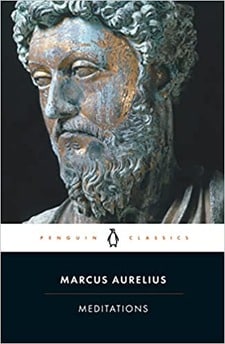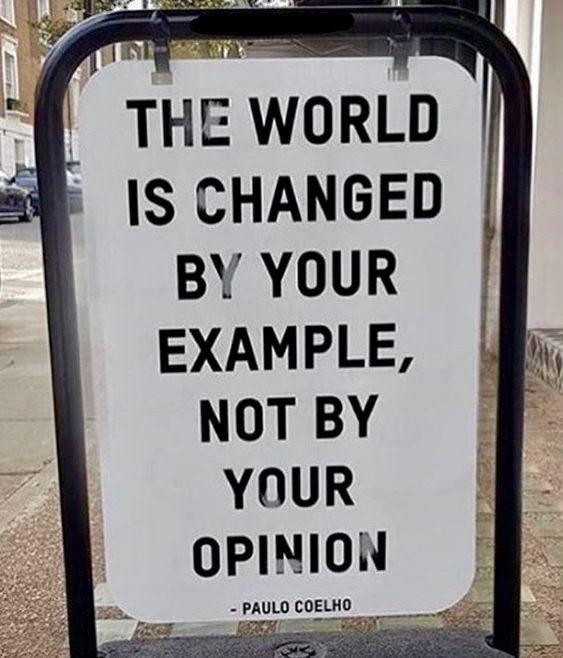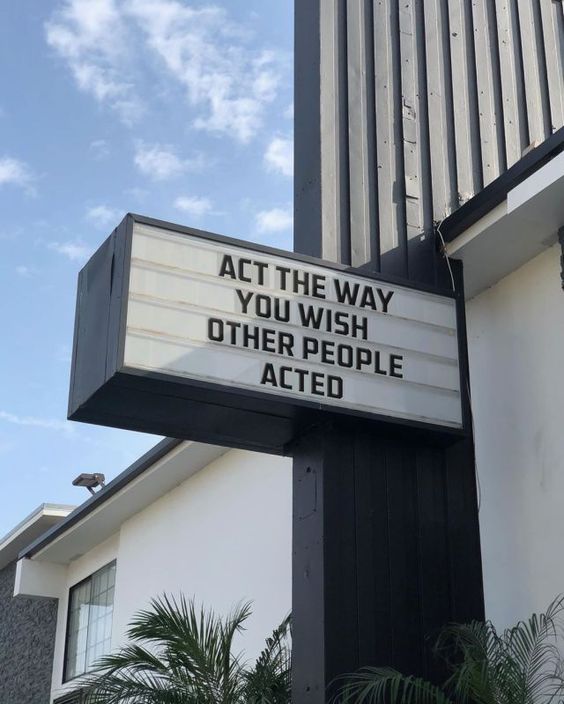“We have to show, not tell: first in line for danger, last in line for rewards. First in line for duty, last in line for recognition. To lead, you have to bleed. Figuratively speaking. But sometimes also literally. Is it really unfair? Or is it what you signed up for? And by the way, isn’t it also what you get paid the big bucks for? That’s the privilege of command.”
Ryan Holiday, Discipline Is Destiny (Page 256)
“It’d be wonderful if power or success exempted us… from everything time-consuming, pedestrian, inconvenient, difficult. In practice, it obligates us to those things even more. It demands more of us. That’s just how it shakes out. Can you handle that? The leader shows up first and leaves last. The leader works hardest. The leader puts others before themselves. The leader takes the hit. Everything else is just semantics and titles.”
Ryan Holiday, Discipline Is Destiny (Page 255)
“It was said that the true majesty of Marcus Aurelius was that his exactingness was directed only at himself. He did not ‘go around expecting Plato’s republic.’ People were people, he understood they were not perfect. He found a way to work with flawed people, putting them to service for the good of the empire, searching them for virtues that he celebrated and accepting their vices, which he knew were not in his control.”
Ryan Holiday, Discipline Is Destiny (Page 232)
“Young people do not assimilate the values of their group by learning words (truth, justice, etc.) and their definitions. They learn attitudes, habits and ways of judging. They learn these in intensely personal transactions with their immediate family or associates. They learn them in the routines and crises of living, but they also learn them through songs, stories, drama, and games. They do not learn ethical principles; they emulate ethical (or unethical) people. They do not analyze or list the attributes they wish to develop; they identify with people who seem to them to have these attributes. That is why young people need models, both in their imaginative life and in their environment, models of what—at their best—they can be.”
John W. Gardner, Self-Renewal (Page 124)
“Sometimes the rule is: You don’t have to finish, but you do have to start. And sometimes the rule is: You don’t have to start, but if you do, you have to finish. When building a personal habit, it might make sense to embrace the first rule. You don’t have to run all the way, every day, but you do have to get out of the house and start running. And when making promises to a group where trust matters, the second rule definitely applies.”
Seth Godin
“Bad character might drive someone into a position of leadership—because of their ambition, their ruthlessness, their shamelessness—but eventually, inevitably, this supposed ‘strength’ becomes an Achilles’ heel when it comes time to actually do the job. Who trusts them? Who actually wants to work with them? What kind of culture develops around them? How can they learn? How can they know where the landmines are?”
Ryan Holiday
“One way to show status is by demonstrating how many resources you have. A bespoke suit, a huge graduation party, a fancy building… A bully who physically intimidates or an angry driver who cuts you off in traffic are each working to show their status and strength. But it’s also possible to demonstrate security and confidence by doing precisely the opposite. The billionaire in a t-shirt. The person who holds the door open and lets you go first in line… these are also demonstrations of status. The interesting question isn’t whether someone has status. It’s whether they’re gutsy enough to demonstrate it by making things better for others.”
Seth Godin, Blog
“I’d rather see a sermon than hear one any day;
I’d rather one should walk with me than merely tell the way.
The eye’s a better pupil and more willing than the ear,
Fine counsel is confusing, but example’s always clear…”
Edgar Guest, The Sermons We See (via Will page 301)
“All the things you’re worried about potentially happening in the future are in fact happening right now somewhere in the world. All the things you’re not sure you could handle… people have been handling since the beginning of time. Nothing new looms, only reruns of what you’ve already experienced or read about in the annals of history.”
Ryan Holiday, Daily Stoic Blog
Meditations [Book]

Book Overview: Written in Greek by an intellectual Roman emperor without any intention of publication, the Meditations of Marcus Aurelius offer a wide range of fascinating spiritual reflections and exercises developed as the leader struggled to understand himself and make sense of the universe. Spanning from doubt and despair to conviction and exaltation, they cover such diverse topics as the question of virtue, human rationality, the nature of the gods and the values of leadership. But while the Meditations were composed to provide personal consolation, in developing his beliefs Marcus also created one of the greatest of all works of philosophy: a series of wise and practical aphorisms that have been consulted and admired by statesmen, thinkers and ordinary readers for almost two thousand years.
“Most people are locked in the moment. They are prone to overreacting and panicking, to seeing only a narrow part of the reality facing the group. They cannot entertain alternative ideas or prioritize. Those who maintain their presence of mind and elevate their perspective above the moment tap into the visionary powers of the human mind and cultivate that third eye for unseen forces and trends. They stand out from the group and fulfill the true function of leadership.”
Robert Greene, The Daily Laws (Page 295)
“People are drawn to those who expect a lot out of life, whereas they tend to disrespect those who are fearful and undemanding.”
Robert Greene, The Daily Laws (Page 242)
“There can be only one way to fight the general evil of life: it is in the moral, religious, and spiritual perfection of your own life.”
Leo Tolstoy, A Calendar of Wisdom (Page 180)
“People are naturally more emotional and permeable to the moods of others. Work with human nature and turn this into a positive by infecting the group with the proper set of emotions. People are more susceptible to the moods and attitudes of the leader than of anyone else.”
Robert Greene, The Daily Laws (Page 208)
“You should behave in such a way that you can say to everybody, ‘Behave as I do.'”
Immanuel Kant, A Calendar of Wisdom (Page 152)



